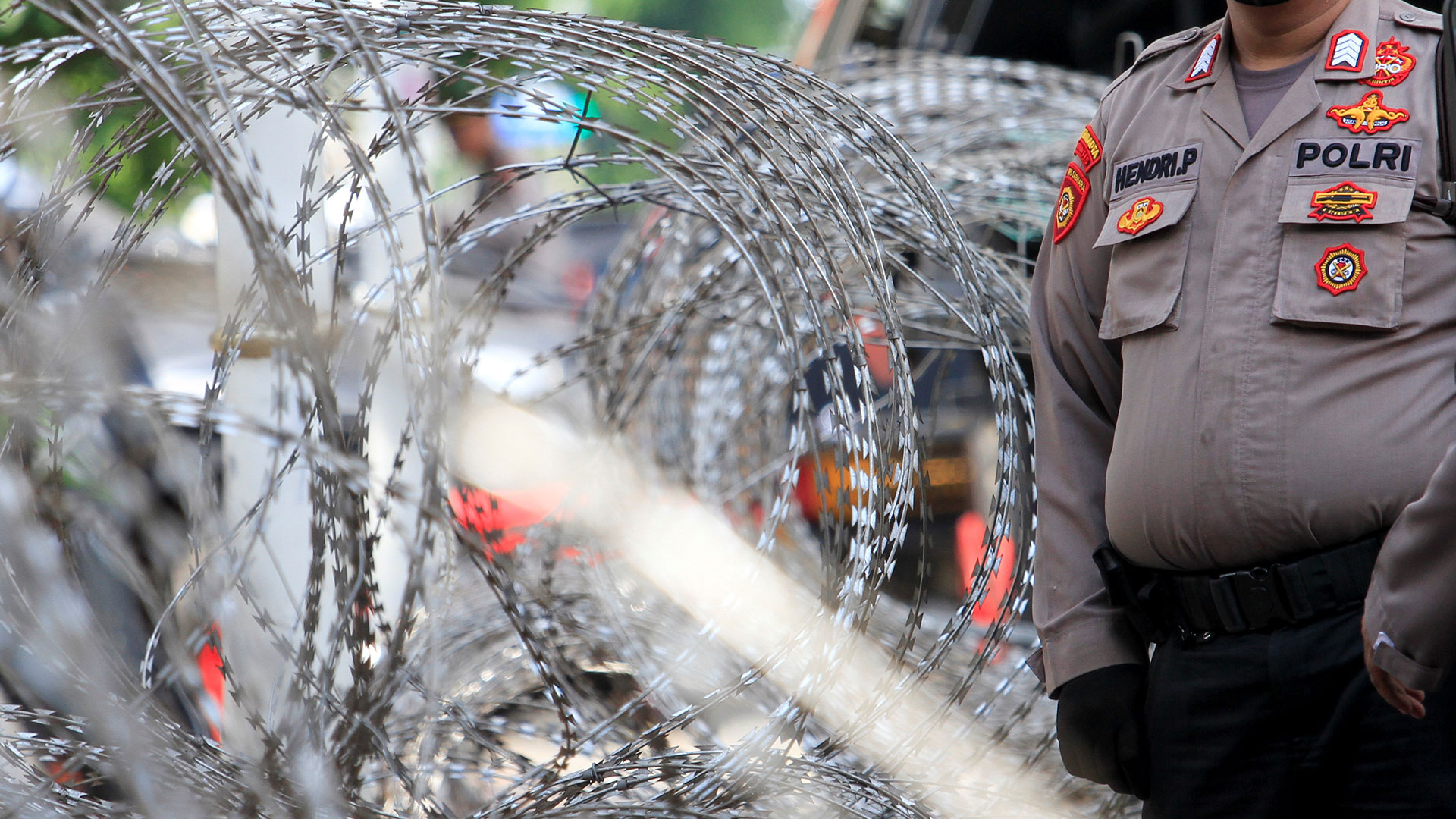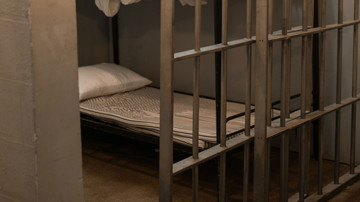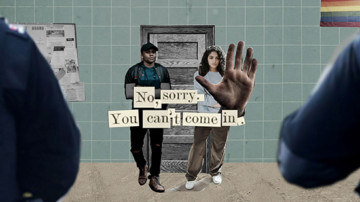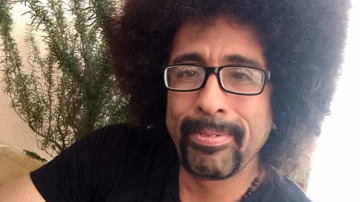
My name is Rosma Karlina; my friends call me Rosma. I was born, raised, and still live in the city of Bogor, which lies outside of the country’s capital in West Java, Indonesia. I am chairperson of the Women and Harm Reduction International Network (WHRIN) for Indonesia. I also work as the Coordinator for Women and Community Empowerment at AKSI Keadilan Indonesia, an organisation that fights for the right to justice for people who use drugs and other people from marginalised groups in Indonesia. We provide legal assistance and document drug cases in Jakarta, Bogor, Depok, Tangerang and Bekasi.
I used drugs from the age of 11 to 32. I went to drug treatment programmes no less than 17 times which ranged from rehabilitation, psychiatry to spiritual programmes. In 2005 I was arrested by the police for possession of a very large amount of drugs and got sentenced to 3 years in prison. My family had to spend a lot of money to take care of my legal case, because of their ignorance about legal processes and they had no access to legal aid or paralegal assistance at the time. My family was only told to pay some money to the prosecutor, judge, and police in order to get a light sentence, but in reality, I still got a 3-year sentence despite them having already paid the money. And what about while living in prison? In prison, I also had to spend their money to pay for the room, electricity, watching TV and other monthly fees as if I was renting a room. I was in prison for one year and six months then released after taking part in a parole programme.
In the past, my father was physically violent against me because of my drug use and even my education declined because of my drug use habits. I lost custody of my first child after I divorced from my ex-husband. I was often labelled a cheap woman because of my drug use, and lost a job after the company found out I used drugs.
In the work I now do in covering drug cases, I witness a lot of extortion and violence committed by law enforcement officers to people who use drugs, starting from the process of arrest to imprisonment. There is an interesting phenomenon that is happening now, where many drug rehabilitation centres are found to have cooperated with the police in carrying out extortion against suspects who are detained without evidence, or with evidence that shows they were in possession of less than the threshold quantities that could lead to a term of imprisonment. This unfortunately can negatively affect the reputation of other drug rehabilitation centres that genuinely provide services to people who use drugs.
The war on drugs waged by the Indonesian government for more than 10 years has left wounds for people who use drugs like me because the anti-drug campaign spread by the government has a direct impact on me and my friends who are users. The government prefers to arrest rather than allow for treatment on the grounds that it can have a deterrent effect. However, if we look back, how many drug dealers have been arrested and imprisoned? Has that lowered the number of drug users? Has the state really evaluated how effective the war on drugs is? And what about the incident that happened in Tangerang prison which claimed 41 lives? The government should evaluate the state of overcrowded prisons due to there being too many drug users being thrown into prison.
I represent people who use drugs all over Indonesia pleading with the country to stop arresting us because not only are we harmed but so are our parents and our relatives. Our families are forced to conduct transactional practices both inside and outside the legal process. It is time for the state to take a more humane approach in dealing with drug issues. The government should be able to protect and promote the rights of people who use drugs and enable them access to services and treatment that suit their individual needs; not all users can be treated with the same method. If rehabilitation is a right then government health facilities can also provide rehabilitation services that are easy to access, convenient and at an affordable price or even funded by the government. The state should also provide education to the community about drug rehabilitation programmes supported by the government, so that the public can easily access their services.
Photo: REUTERS
Rosma’s story was submitted by Rosma and compiled with support from the Women and Harm Reduction International Network (WHRIN). This story has been edited for clarity.
More stories about Proportionality & Criminal Justice

Disproportionate and excessive criminalisation – Mario’s story
Proportionality & Criminal JusticeMore stories about Harm Reduction




